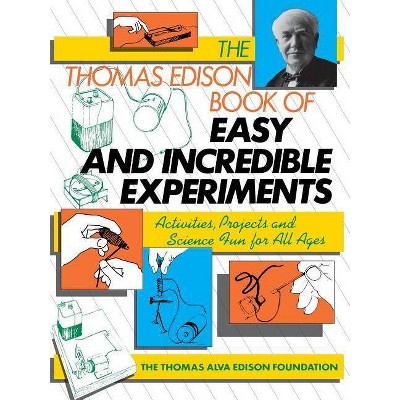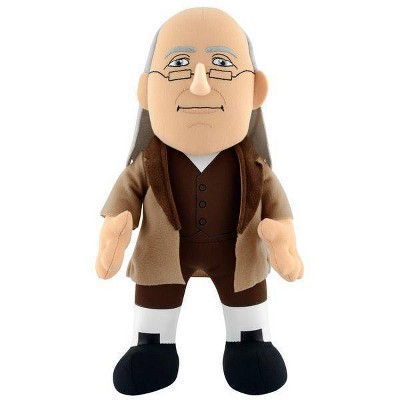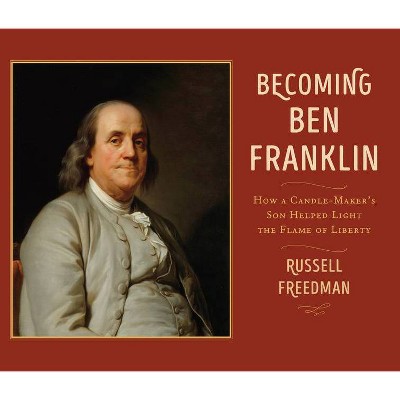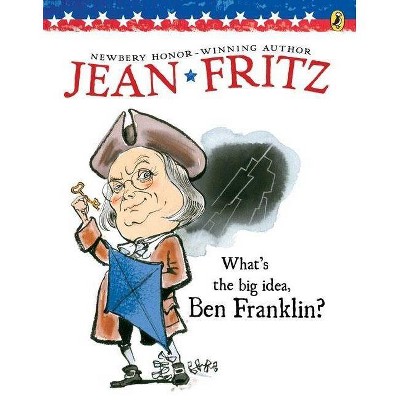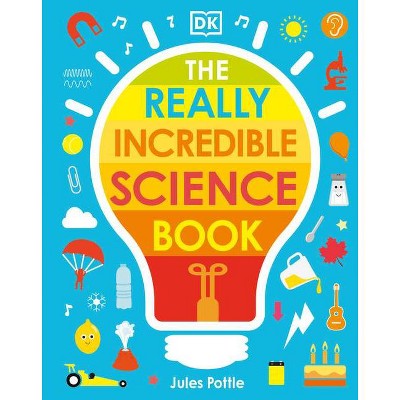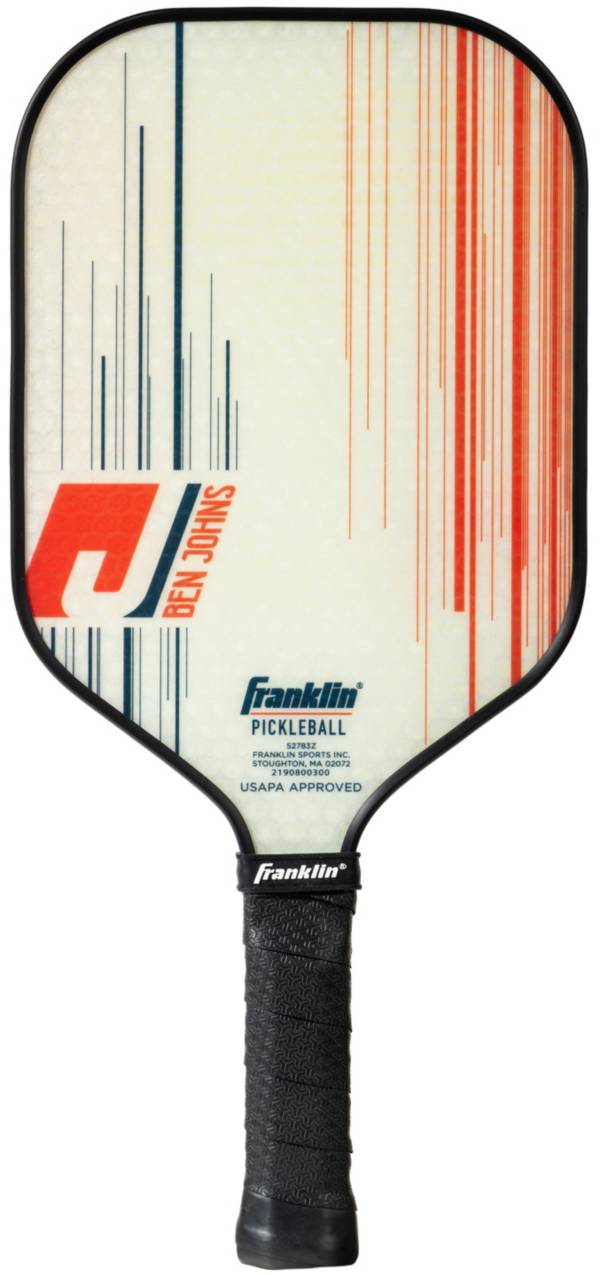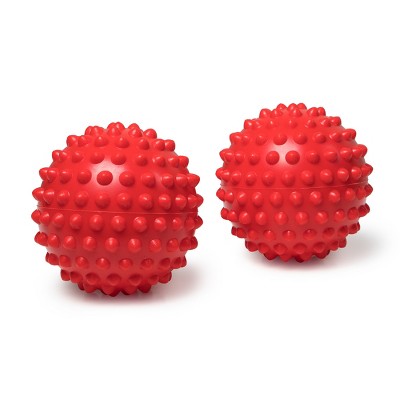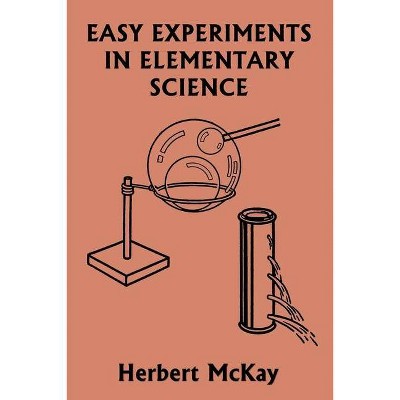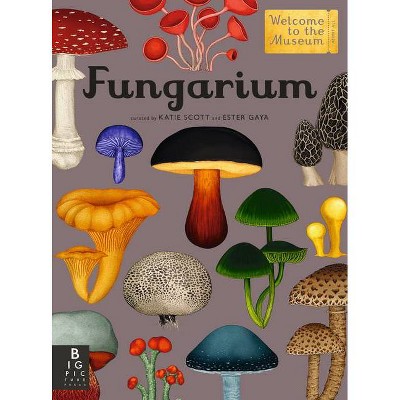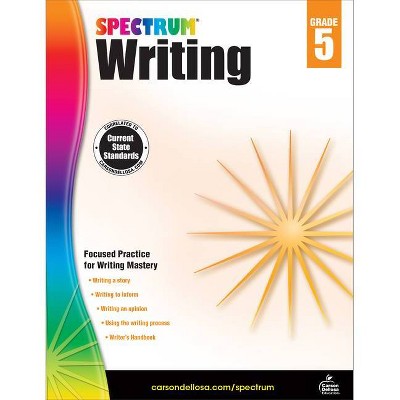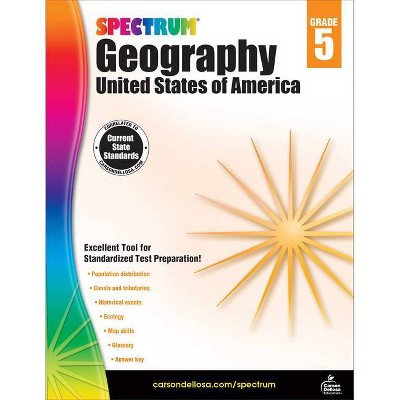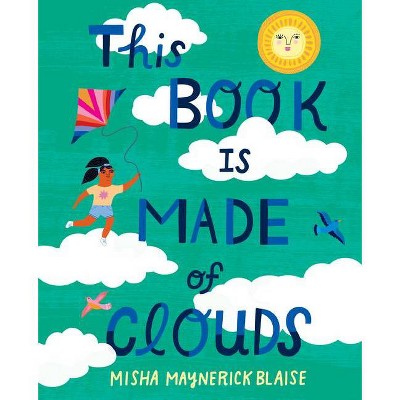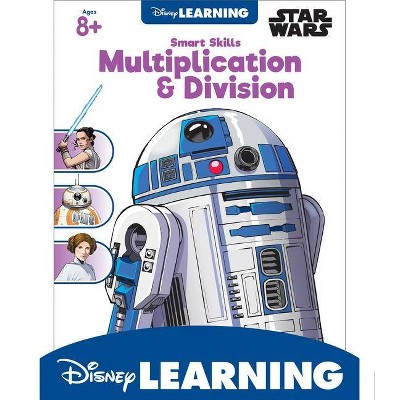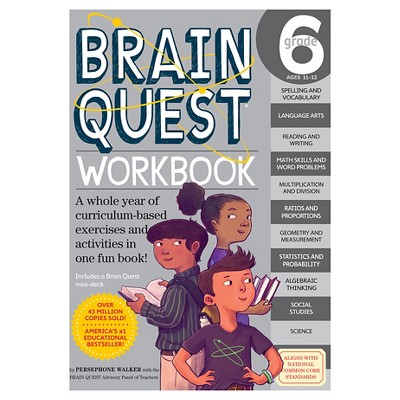The Ben Franklin Book of Easy and Incredible Experiments - (Franklin Institute Science Museum) (Paperback)
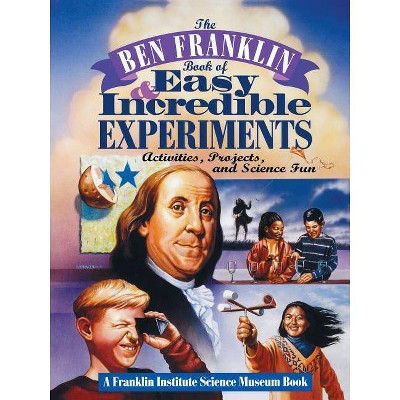
Similar Products
Products of same category from the store
AllProduct info
<p/><br></br><p><b> Book Synopsis </b></p></br></br><b>Learn about science the same way Ben Franklin did--by performing incredible experiments!</b> <p>Ben Franklin, the famous patriot and signer of the Declaration of Independence, was also America's first great scientist. At a time when science was a mystery to most people, he performed incredible experiments that revealed amazing facts about light, heat, sound, electricity, the weather, and other aspects of the natural world.</p> <p>Now the enormously popular Franklin Institute Science Museum shows you how to do your own exciting experiments Ben Franklin's way. He used common objects such as cooking oil, a glass bottle, or pieces of colored cloth to chart the Gulf Stream, predict the weather, or measure how much a molecule weighs. Using inexpensive, easy-to-find items, you'll discover how to: </p> <ul> <li>Build an optical toy shop, including a prism, kaleidoscope, telescope, and periscope</li> <li>Make a weather station with a working barometer, hygrometer, and other homemade meteorological instruments</li> <li>Create an orchestra with flutes, water chimes, maracas, and a guitar you make yourself</li> <li>Build your own printing press and print documents on paper that you make in your own paper mill</li> <li>Perform these and dozens of other experiments at home, in the classroom, or as science fair projects--and enjoy the fun of it</li> </ul> <p>The Franklin Institute Science Museum was built in 1934 in Ben Franklin's hometown of Philadelphia, Pennsylvania. The first hands-on science museum ever, it offers people a chance to learn about science by experimenting with hundreds of exhibits, including a 20-foot model of the human heart, a 350-ton steam locomotive, and a working weather station.</p><p/><br></br><p><b> From the Back Cover </b></p></br></br>Learn about science the same way Ben Franklin did--by performing incredible experiments! <p>Ben Franklin, the famous patriot and signer of the Declaration of Independence, was also America's first great scientist. At a time when science was a mystery to most people, he performed incredible experiments that revealed amazing facts about light, heat, sound, electricity, the weather, and other aspects of the natural world.</p> <p>Now the enormously popular Franklin Institute Science Museum shows you how to do your own exciting experiments Ben Franklin's way. He used common objects such as cooking oil, a glass bottle, or pieces of colored cloth to chart the Gulf Stream, predict the weather, or measure how much a molecule weighs. Using inexpensive, easy-to-find items, you'll discover how to: </p> <ul> <li>Build an optical toy shop, including a prism, kaleidoscope, telescope, and periscope</li> <li>Make a weather station with a working barometer, hygrometer, and other homemade meteorological instruments</li> <li>Create an orchestra with flutes, water chimes, maracas, and a guitar you make yourself</li> <li>Build your own printing press and print documents on paper that you make in your own paper mill</li> <li>Perform these and dozens of other experiments at home, in the classroom, or as science fair projects--and enjoy the fun of it</li> </ul> <p>The Franklin Institute Science Museum was built in 1934 in Ben Franklin's hometown of Philadelphia, Pennsylvania. The first hands-on science museum ever, it offers people a chance to learn about science by experimenting with hundreds of exhibits, including a 20-foot model of the human heart, a 350-ton steam locomotive, and a working weather station.</p><p/><br></br><p><b> About the Author </b></p></br></br><b>The Franklin Institute Science Museum</b> was built in 1934 in Ben Franklin's hometown of Philadelphia, Pennsylvania. The first hands-on science museum ever, it offers people a chance to learn about science by experimenting with hundreds of exhibits, including a 20-foot model of the human heart, a 350-ton steam locomotive, and a working weather station.
Price History
Price Archive shows prices from various stores, lets you see history and find the cheapest. There is no actual sale on the website. For all support, inquiry and suggestion messagescommunication@pricearchive.us
